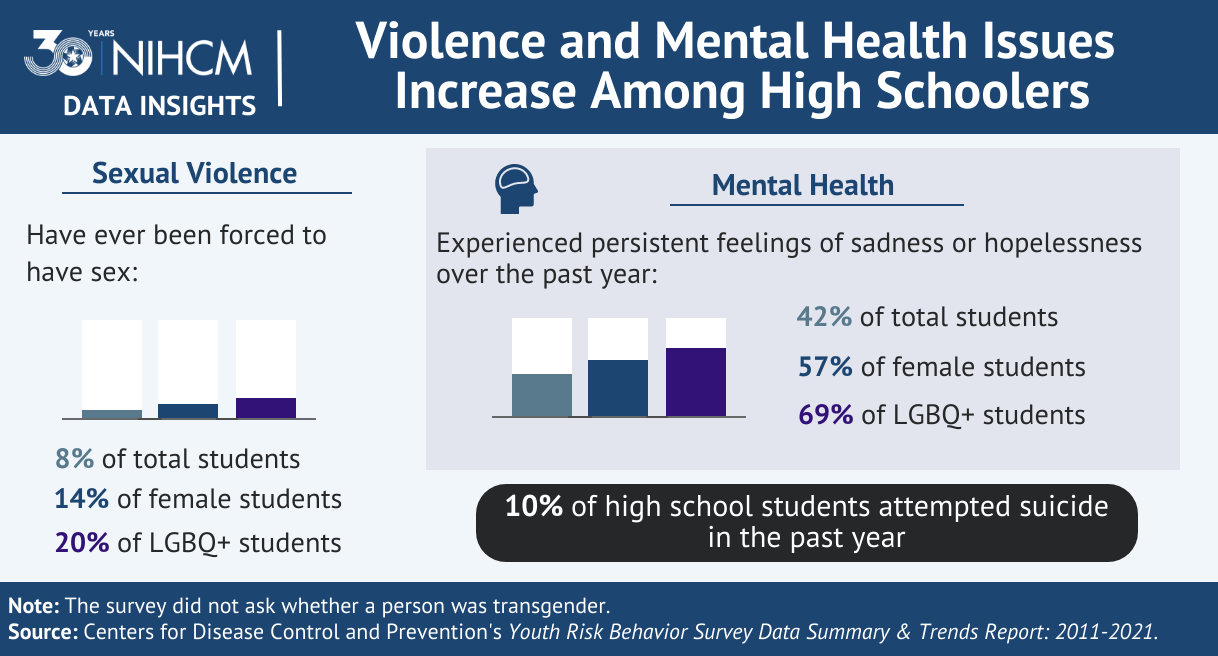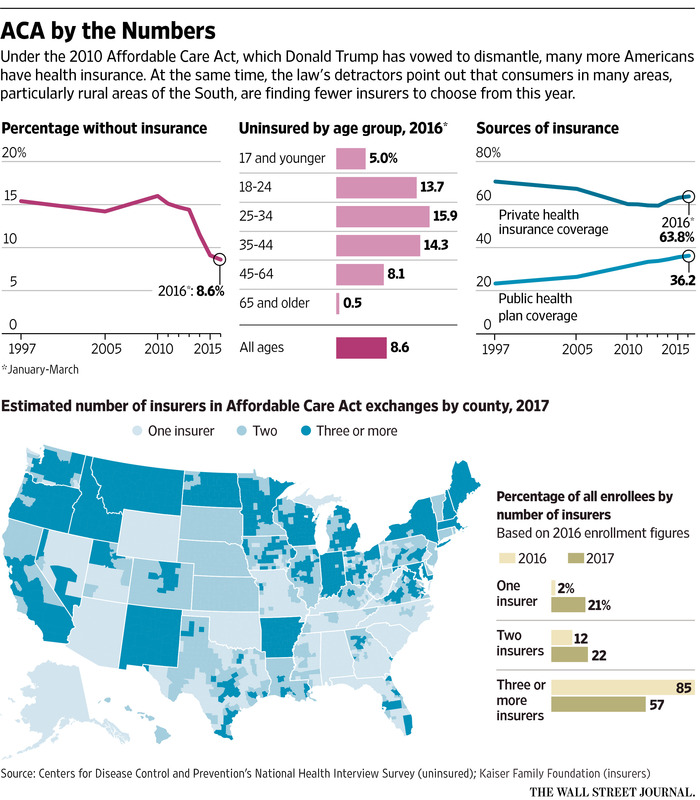Academic Failures In Addressing Mental Illness And Violence

Table of Contents
Insufficient Research Funding and Prioritization
A significant barrier to understanding and addressing the link between mental illness and violence lies in insufficient research funding and prioritization. The current approach often lacks the necessary interdisciplinary collaboration and focuses excessively on reactive measures rather than proactive prevention.
Lack of Interdisciplinary Collaboration
Effective research requires a collaborative effort involving psychologists, sociologists, criminologists, neuroscientists, and public health experts. However, research often remains siloed within individual disciplines, hindering a comprehensive understanding of this complex issue.
- Siloed research: Studies focusing solely on neurological factors, for example, may neglect crucial social and environmental influences.
- Limited collaborative funding: Securing funding for interdisciplinary projects is often challenging, as funding agencies may prioritize single-discipline approaches.
- Data sharing difficulties: Different research groups may use varying methodologies and data formats, making it difficult to synthesize findings across disciplines.
Focus on Pathology Over Prevention
Current research disproportionately emphasizes studying violence after it has occurred, neglecting crucial opportunities for early intervention and prevention. This reactive approach limits our ability to identify and address risk factors before violence escalates.
- Insufficient research on risk factors: Limited research explores the complex interplay of genetic predispositions, environmental stressors, and social determinants that contribute to violence in individuals with mental illness.
- Lack of investment in prevention programs: Effective prevention programs targeting at-risk youth and communities are underfunded and under-researched.
- Inadequate mental health services: Schools and communities often lack adequate access to mental health services, leaving many individuals without the support they need.
Inadequate Representation and Understanding of Diverse Populations
Academic research on mental illness and violence often fails to adequately represent and understand diverse populations, leading to biased findings and ineffective interventions.
Biases in Research Methodology and Data Collection
Research samples frequently lack diversity in terms of race, ethnicity, socioeconomic status, and gender. This can lead to skewed results and inaccurate generalizations about the relationship between mental illness and violence across different groups.
- Underrepresentation of minority groups: Many studies predominantly feature participants from specific demographic backgrounds, neglecting the experiences of marginalized communities.
- Methodological limitations: Research methodologies may not be culturally sensitive or appropriate for all populations, leading to inaccurate or incomplete data.
- Lack of linguistic accessibility: Research findings may not be accessible to all communities due to language barriers.
Failure to Account for Systemic Factors
Academic research often overlooks the significant influence of systemic factors such as poverty, discrimination, and lack of access to resources on both mental illness and violence.
- Impact of social determinants of health: Poverty, lack of education, and exposure to violence can all negatively impact mental health and increase the risk of violent behavior.
- Systemic racism and discrimination: Marginalized groups often experience higher rates of mental illness and violence due to systemic inequalities and discrimination.
- Limited research on systemic issues: Research often fails to adequately address the systemic factors contributing to mental illness and violence, hindering the development of effective interventions.
Limited Translation of Research into Practical Applications
A significant gap exists between research findings and their practical application in policy and professional training. This failure to translate research into actionable strategies severely limits its impact.
The Gap Between Research and Policy
Many research findings remain largely theoretical, with limited translation into effective policies and interventions. This gap is often due to poor communication between researchers and policymakers.
- Lack of policy relevance: Research may not directly address the needs and priorities of policymakers.
- Insufficient communication between researchers and policymakers: Researchers and policymakers often lack effective channels for communication and collaboration.
- Difficulties in implementing evidence-based practices: Even when evidence-based practices are identified, implementing them in real-world settings can be challenging.
Insufficient Training for Professionals
Professionals such as teachers, law enforcement officers, and healthcare providers often lack adequate training in identifying and managing individuals at risk of violence due to mental illness.
- Inadequate training programs: Training programs often fail to address the complex intersection of mental illness and violence effectively.
- Lack of resources for continuing education: Opportunities for ongoing professional development in this area are limited.
- Insufficient emphasis on mental health awareness: A lack of awareness and understanding among professionals can hinder early identification and intervention.
Conclusion
Addressing the critical issue of academic failures in addressing mental illness and violence requires immediate action. Insufficient research funding, inadequate representation of diverse populations, and the limited translation of research into practice all contribute to this ongoing crisis. By demanding increased research funding, promoting interdisciplinary collaboration, prioritizing prevention strategies, incorporating culturally sensitive approaches, and fostering stronger communication between researchers and policymakers, we can make significant strides towards a safer and healthier society. Let's work together to overcome these academic failures and develop effective strategies to prevent violence associated with mental illness.

Featured Posts
-
 9 Nhl Players Poised To Break Ovechkins Goal Record
May 09, 2025
9 Nhl Players Poised To Break Ovechkins Goal Record
May 09, 2025 -
 Dakota Johnsons Career Trajectory Martins Influence
May 09, 2025
Dakota Johnsons Career Trajectory Martins Influence
May 09, 2025 -
 Dijon Concertation Lancee Pour La Troisieme Ligne De Tram
May 09, 2025
Dijon Concertation Lancee Pour La Troisieme Ligne De Tram
May 09, 2025 -
 How Trumps Presidency Will Shape Zuckerbergs Next Move
May 09, 2025
How Trumps Presidency Will Shape Zuckerbergs Next Move
May 09, 2025 -
 Trumps Houthi Truce A Skeptical Shipping Industry Responds
May 09, 2025
Trumps Houthi Truce A Skeptical Shipping Industry Responds
May 09, 2025
